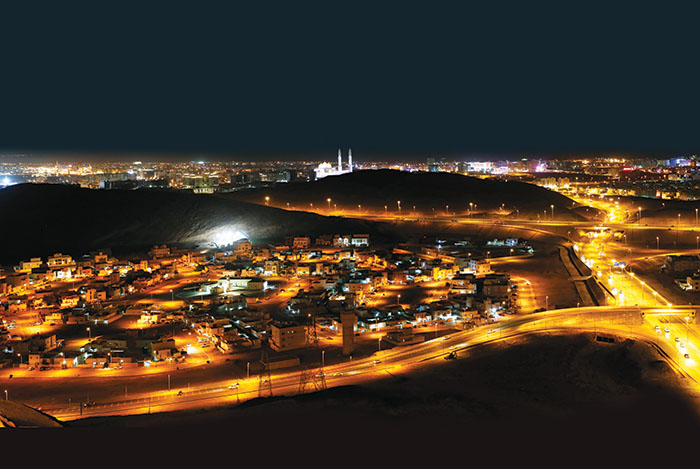
Muscat: August 9 represents the 51st anniversary of the change of name of the State from “Sultanate of Muscat and Oman” to the “Sultanate of Oman”.
On July 23, 1970, the sun of the Blessed Renaissance rose and the late His Majesty Sultan Qaboos bin Said bin Taimour announced the birth of a new dawn for Oman and its people to spread light, and for Oman to rise as a people and society to restore its civilised glory and its positive role in the Gulf, Arab and regional surroundings, and to be an advocate of peace and a strong pillar in this vital region of the world, where the interests of many regional and international powers and parties converge.
Dr Mohammed Al Shuaili, Member of the State Council and a researcher of Oman’s history, spoke exclusively to the Times of Oman on the 51st anniversary of the change of the State’s name to the Sultanate of Oman, “In a radio speech to the Omani people, the late His Majesty Sultan Qaboos bin Said bin Taimour announced on August 9, 1970--that is seventeen days from assuming power--the change of name from ‘Sultanate of Muscat and Oman’ to ‘Sultanate of Oman’. The change aimed to eliminate the state of duality between Muscat, the capital, and other regions and to reaffirm the national unity of the Sultanate”.
“Among the issues we would handle today, an issue that is significant in the history of Oman, is our decision on the change of the name of the country and from now onwards our beloved land would be known as “The Sultanate of Oman” and we believe that this change would be the start of a new bright era, and a symbol to our determination for united people in our march towards progress,” said the late His Majesty Sultan Qaboos bin Said bin Taimour in his speech. “His Majesty stressed that by the change of the name of the country, “henceforth there would be a difference neither between the coastal and interior region nor between them and the southern regions; a unified people, one future and one destiny.”
Dr. Al Shuaili went on to say, “This change in the name came because the previous name of the state, “the Sultanate of Muscat and Oman”, indicates the existence of a kind of lack of national unity in the Sultanate, where Oman lived in the twentieth century a state of political division between the coast and the interior regions, and this division was perpetuated by what happened in the Seeb Agreement in 1920, where there were regions in the interior administered by the Imamate, and regions, especially in the coast, administered by the government or rather the sultans.”
“The name of the State as “Sultanate of Muscat and Oman” had been in use since the reign of the late His Majesty Sultan Taimur bin Faisal, while the name of “Sultanate of Muscat and Oman, Gwadar and Dhofar” has been previously used unofficially,” he added.
Gwadar, which is a port city located on the shores of the Arabian Sea opposite Oman at the southwestern coast of Baluchistan, Pakistan, was an overseas possession of Oman from 1797 to 1958. Dhofar is one third of the total area of the Sultanate of Oman and is located in the Governorate of Dhofar at the southern part of the Sultanate of Oman.
The name “Sultanate of Muscat and Oman” was the official name of the country during the rule of the late His Majesty Sultan Said bin Taimur, while the name “Sultanate of Muscat and Oman, Gwadar and Dhofar” was limited and unofficial and the word Gwadar was removed from the name of the state following the waiver of Gwadar to the Government of Pakistan in 1958, after which the name of the country became “Sultanate of Muscat and Oman and Dhofar” till it was changed to “Sultanate of Muscat and Oman”
Dr Al Shuaili added that the late His Majesty, also announced in his radio speech the design of a new flag that corresponds to the next stage of the nation’s development. The late His Majesty had said, “We have already started studying designs for a national flag whose emblem and colours are witnesses to our determination to unite our country.
“Thus, the Sultanate will have a flag that is distinguished among the countries of the world.”